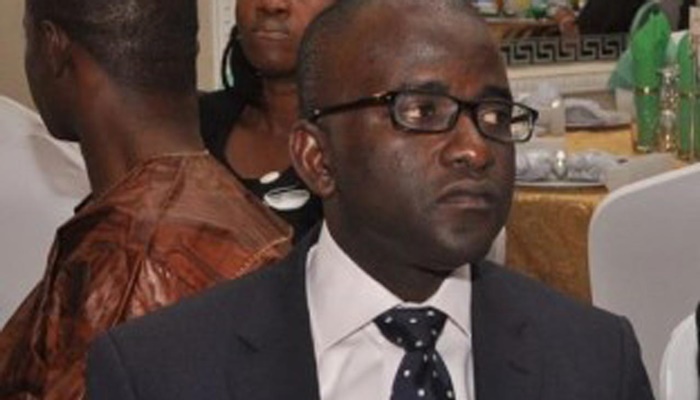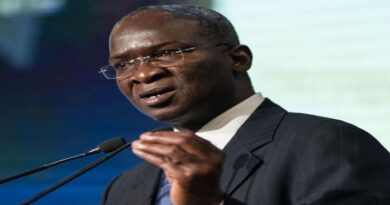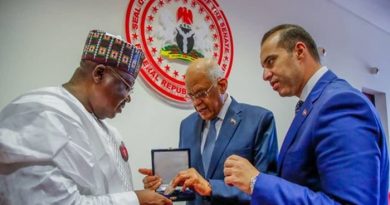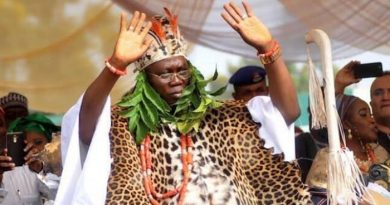Cordros Capital reviews markets in 2019
2019 has been quite a significant year, which in many ways has reshaped the market for years to come. The seemingly compelling story of cheap asset prices wasn’t enough to move the needle, as foreign and domestic investors remained wary of equities investments. This is despite the enthusiasm that greeted the listing of two telecommunication giants – MTNN and AIRTELAFRI – on the Nigerian equity bourse. We had forecasted the market to return c.11% for 2019 and given the current return in the market (-15.1%), we were quite off on this. This was due to the sustained sell-offs of naira risk assets, given weak macro-fundamentals and the continued absence of market-friendly reforms.
That being said, we made some right calls this year, in line with our view of the equities market. At the start of the year, we expected the (1) re-election of President Buhari, and (2) re-appointment of the CBN governor, Emefiele. On the former, while our view was mostly aligned with the consensus expectation, we were ahead of everyone else on the latter. Recall that we wrote, at the twilight of last year, that Emefiele would likely keep his job and the arguments in favour of this that I laid out include the fact that he (1) had survived the most difficult times on the seat, (2) has a good relationship with the Presidency and members of the “inner caucus” of the government, and (3) was adjudged to have performed fairly well on economic matters.
Elsewhere, CPI moved exactly in line with our forecast, as the headline inflation touched 43-months low in August. However, FGN’s land border closure in August proved to be the spanner in the works, as the impact of the policy on food prices sent inflation to an 18-months high in October – a period that coincides with the main harvest season in Nigeria, which should ordinarily lead to an inflationary downtrend.
On monetary policy, given the size of impending OMO maturities and its negative impact on the currency and inflation, we had expected the MPC to sustain its hawkish stance by holding the MPR stable and via aggressive OMO issuances, which played out as we expected. However, the MPC sprang a dovish surprise by delivering a 50bps rate cut in March. The MPC stated that the move should not be read as the beginning of an easing cycle, given its quest to sustain naira stability.
All told, what caught us off guard is the series of policies introduced by the CBN, which in its defense, was to help support the lame economic growth. These included locking out local corporates and private individuals from participating in OMO while also directing banks to maintain a minimum LDR (initially 60.0%, before the upward revision to 65.0%). The underlying motive here was to drive credit extension to the private sector and, secondarily, reduce the cost of borrowing; a move which also dovetails neatly with the aspiration of the federal government.
The key takeaway here, is that with the little to no policy reforms from the fiscal side of the divide, monetary policy could be the sole driver of economic growth in Nigeria over 2020.
Taking all these into account, you will agree with me that we are entering a more challenging investment landscape in 2020. This is because, the combination of geopolitical ambiguity, lingering global trade protectionism, and weak global growth should drive somewhat turbulent global markets. At home, an uncertain crude oil price outlook, rising fear of exchange rate devaluation given the recent precipitous decline in FX reserves, and a host of other factors (such as a polity that appears to already be in the mood for 2023) point to a volatile year ahead.
For the markets, next year’s equities market performance is expected to culminate in a replay of the 2014-2016 period, wherein the market declined for three consecutive years, losing a cumulative 39.7%. For the fixed income market, the still substantial maturity profile in Q1-2020 is likely to see yields become depressed as local investors re-invest OMO maturities in an NTB market incapable of absorbing the volumes. That being said, the CBN will most probably keep OMO yields attractive to forestall capital reversals which could exert pressure on the foreign reserves.
Notwithstanding, the market is not beyond a resurgence. But in our view, there is only one condition that could reinforce investors’ appetite for naira risk assets – that is if the FGN favours more market-friendly reforms such as energy and petroleum sector deregulation, and including significant improvement in its fiscal condition.




